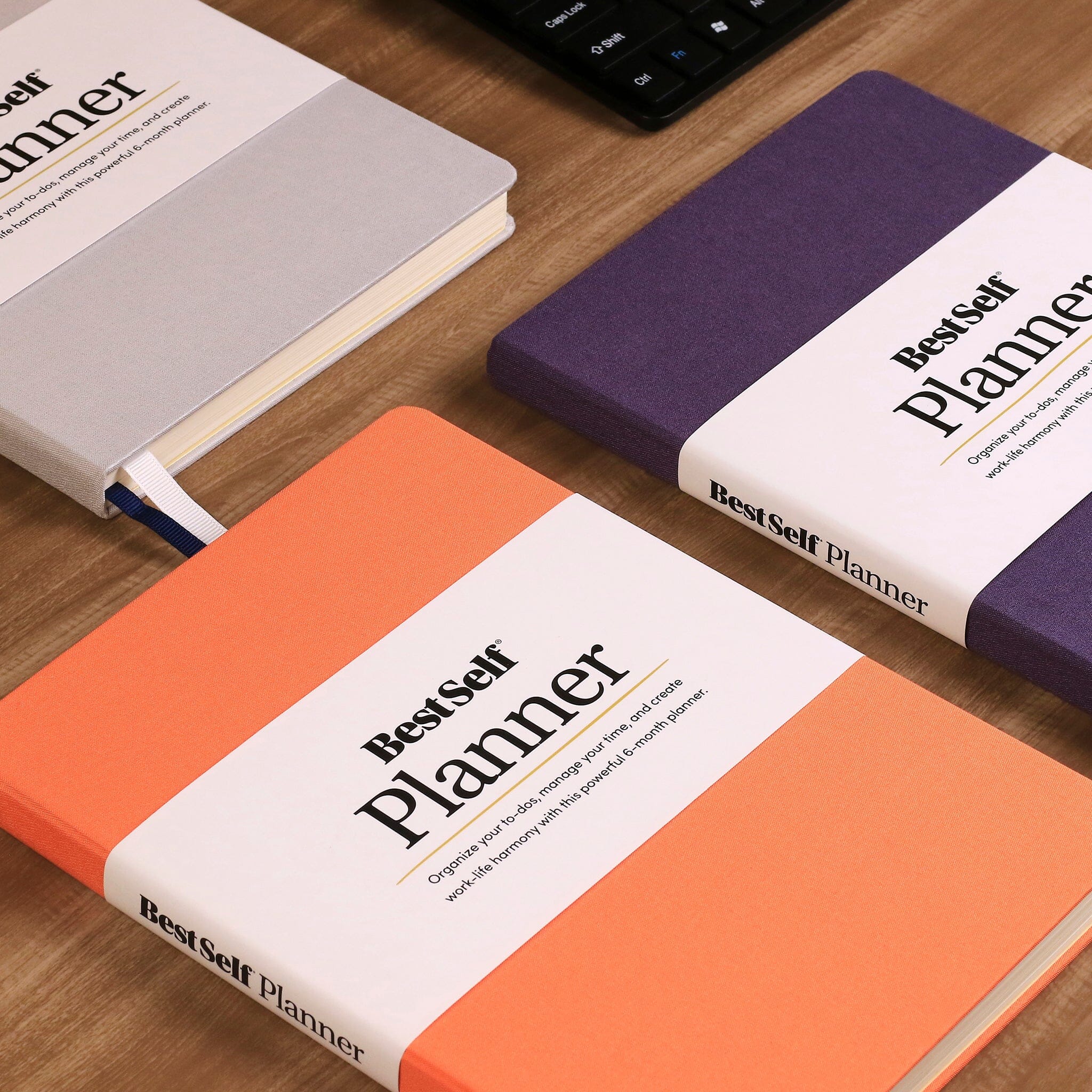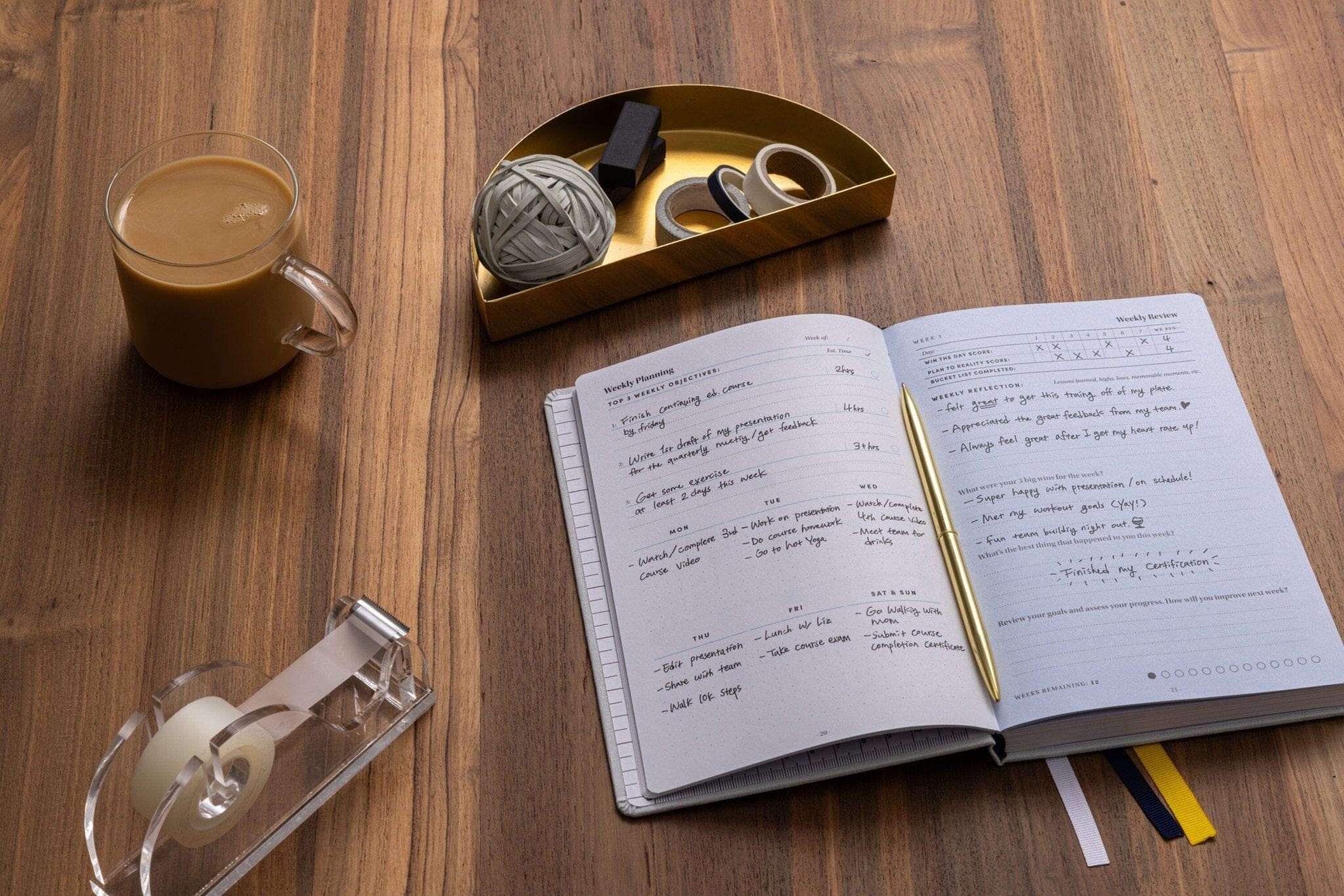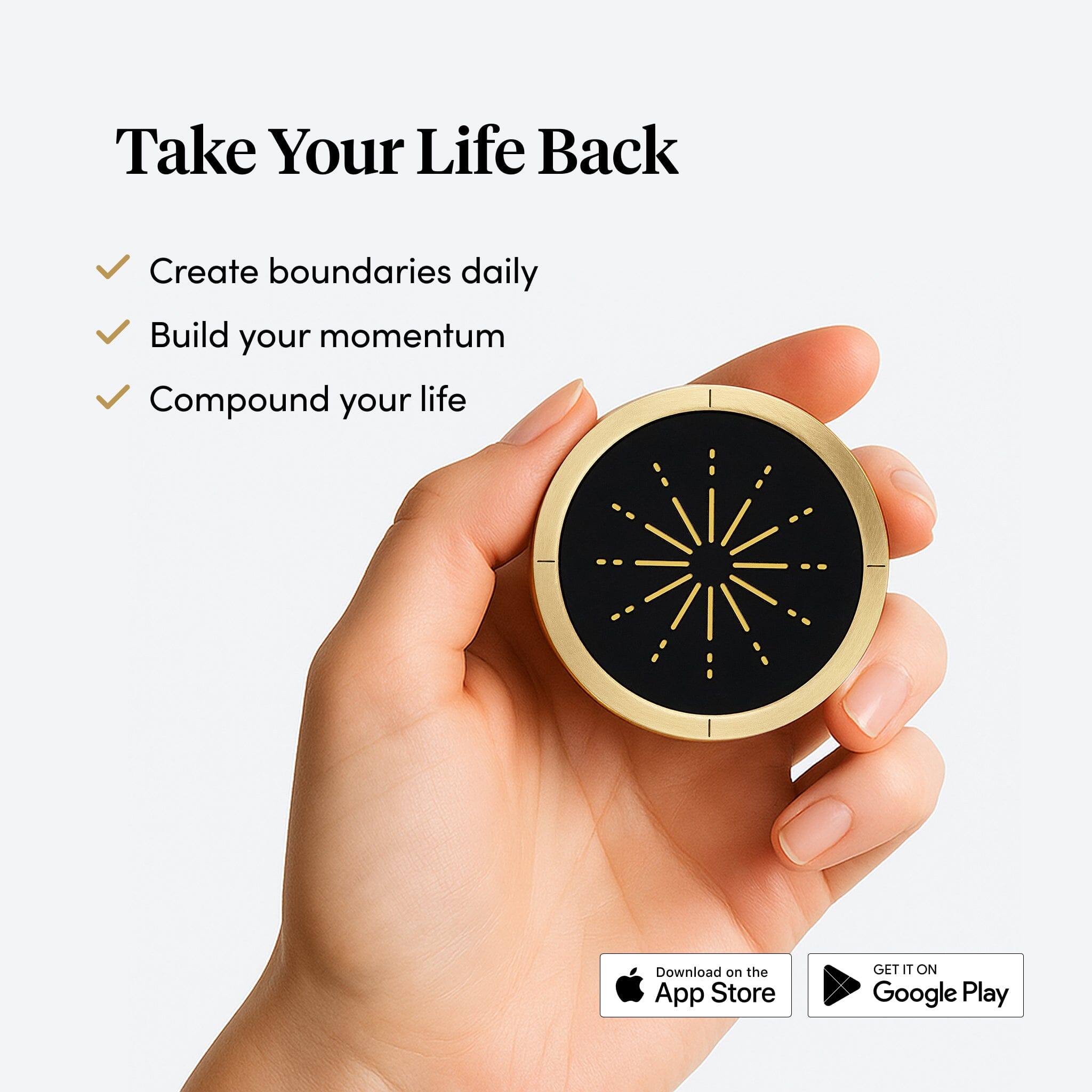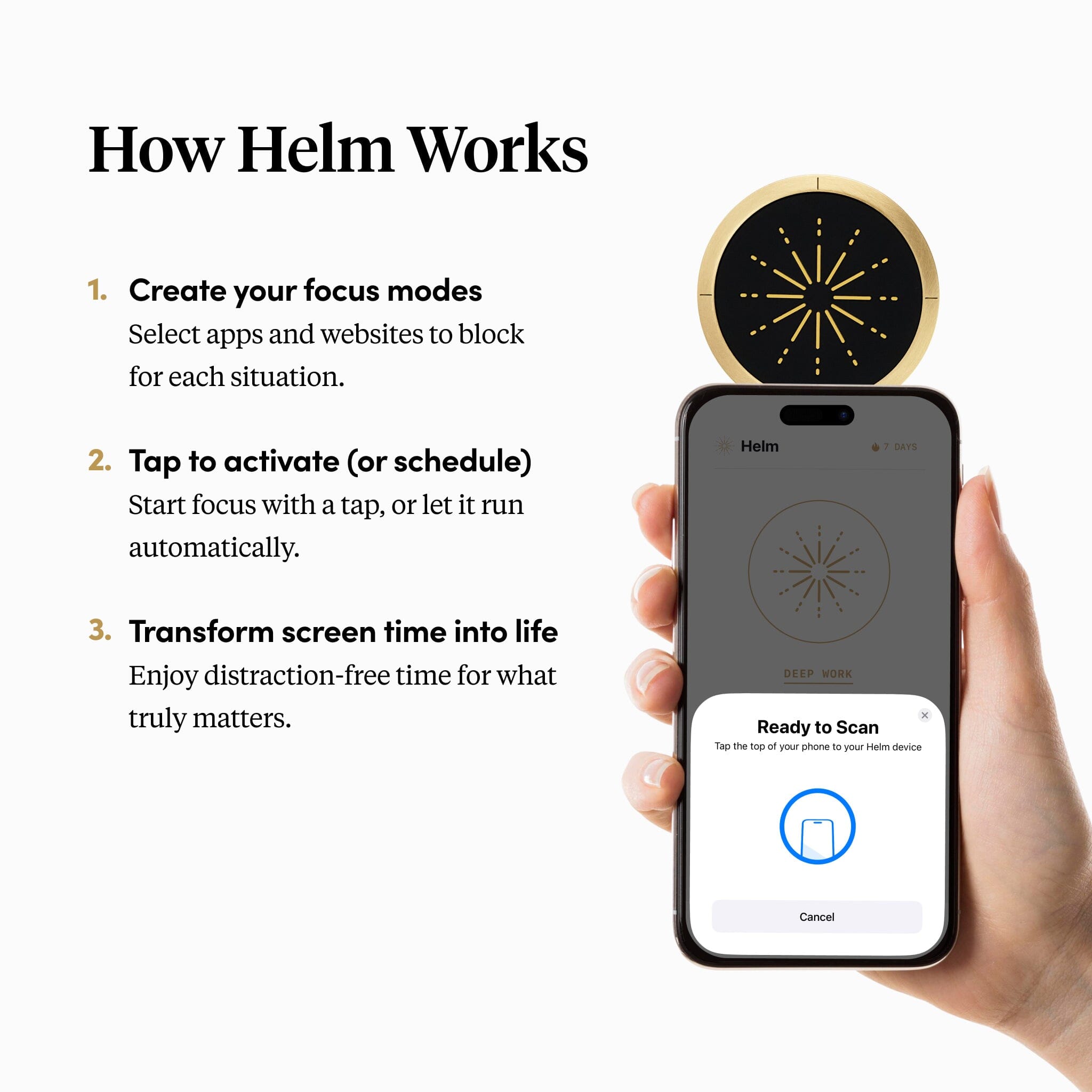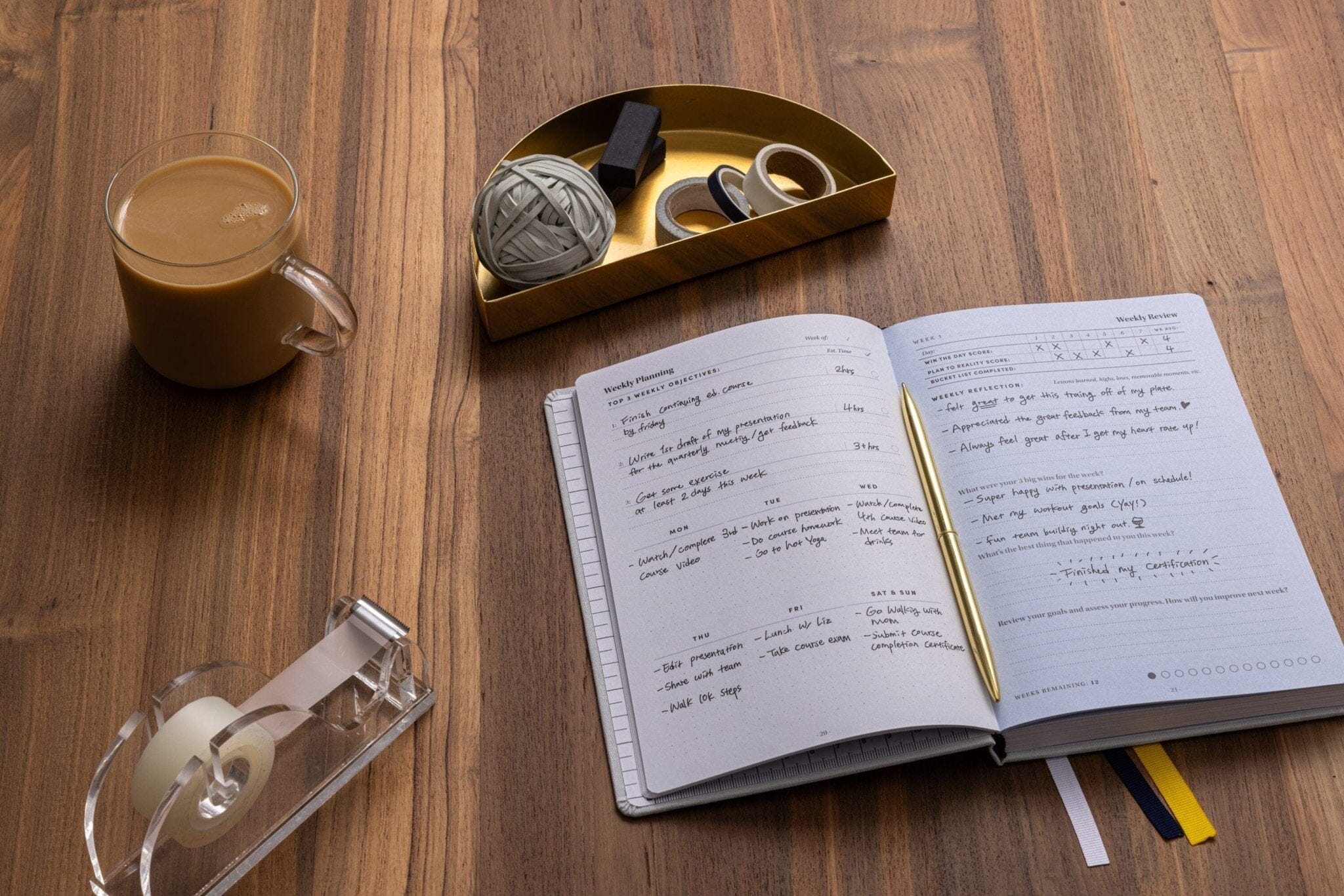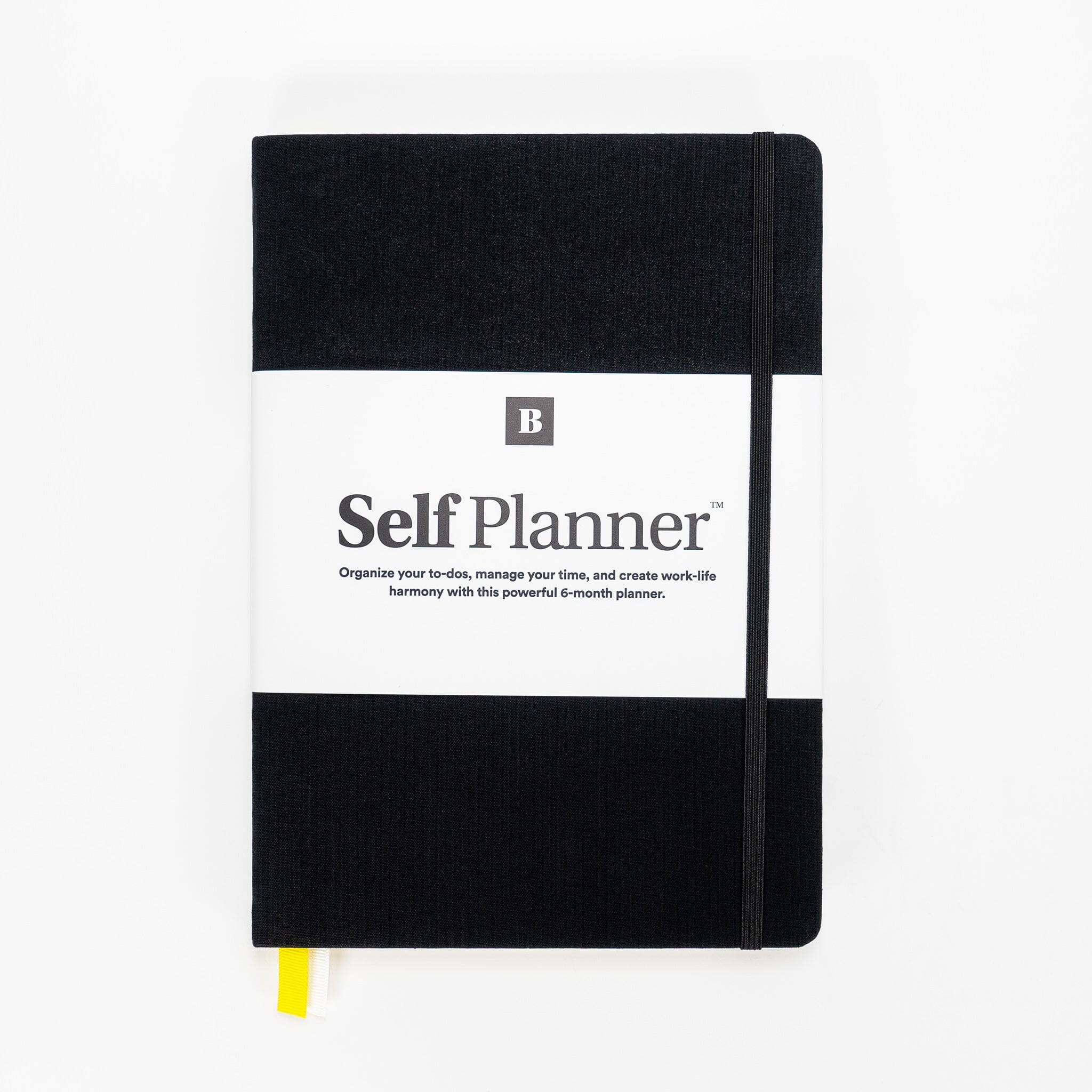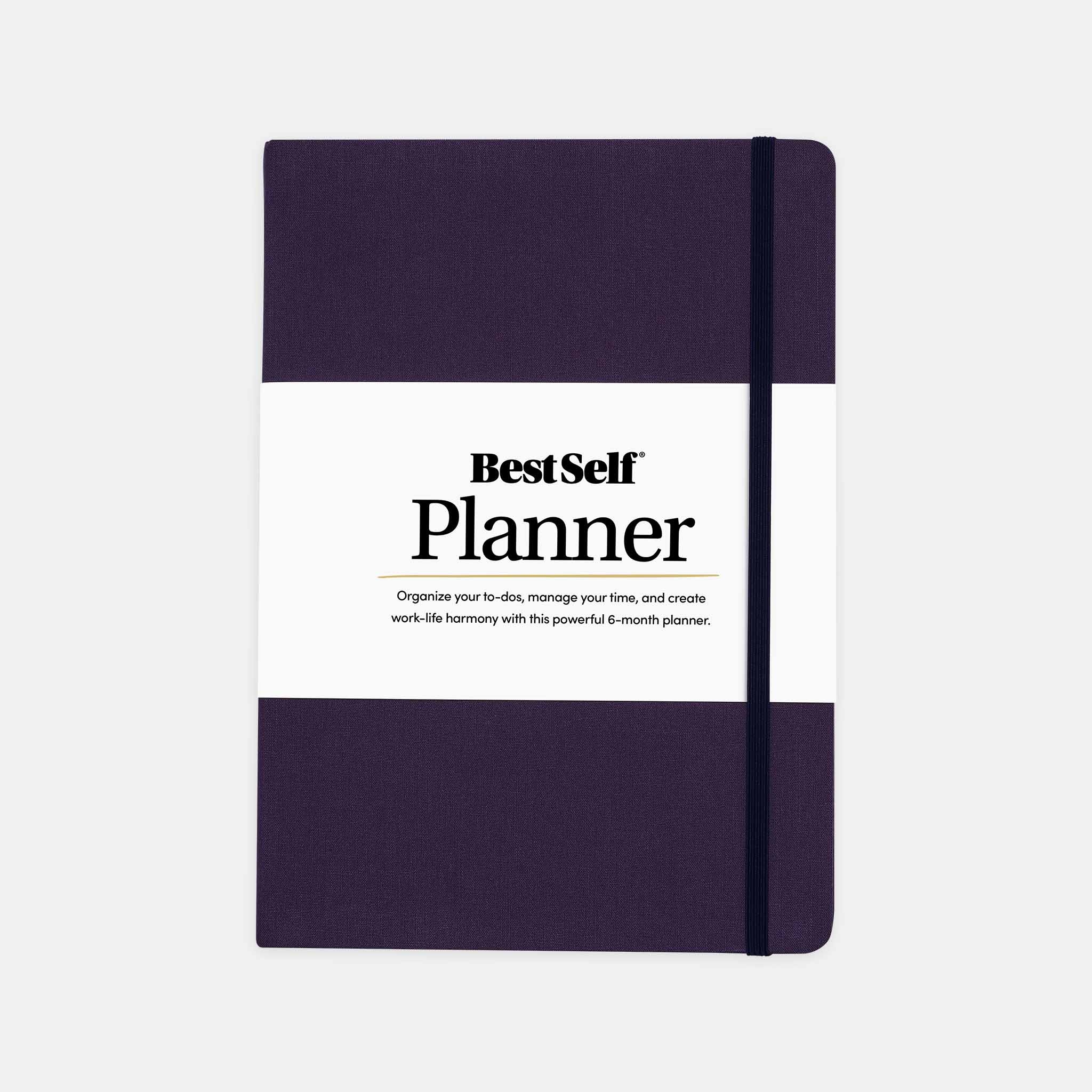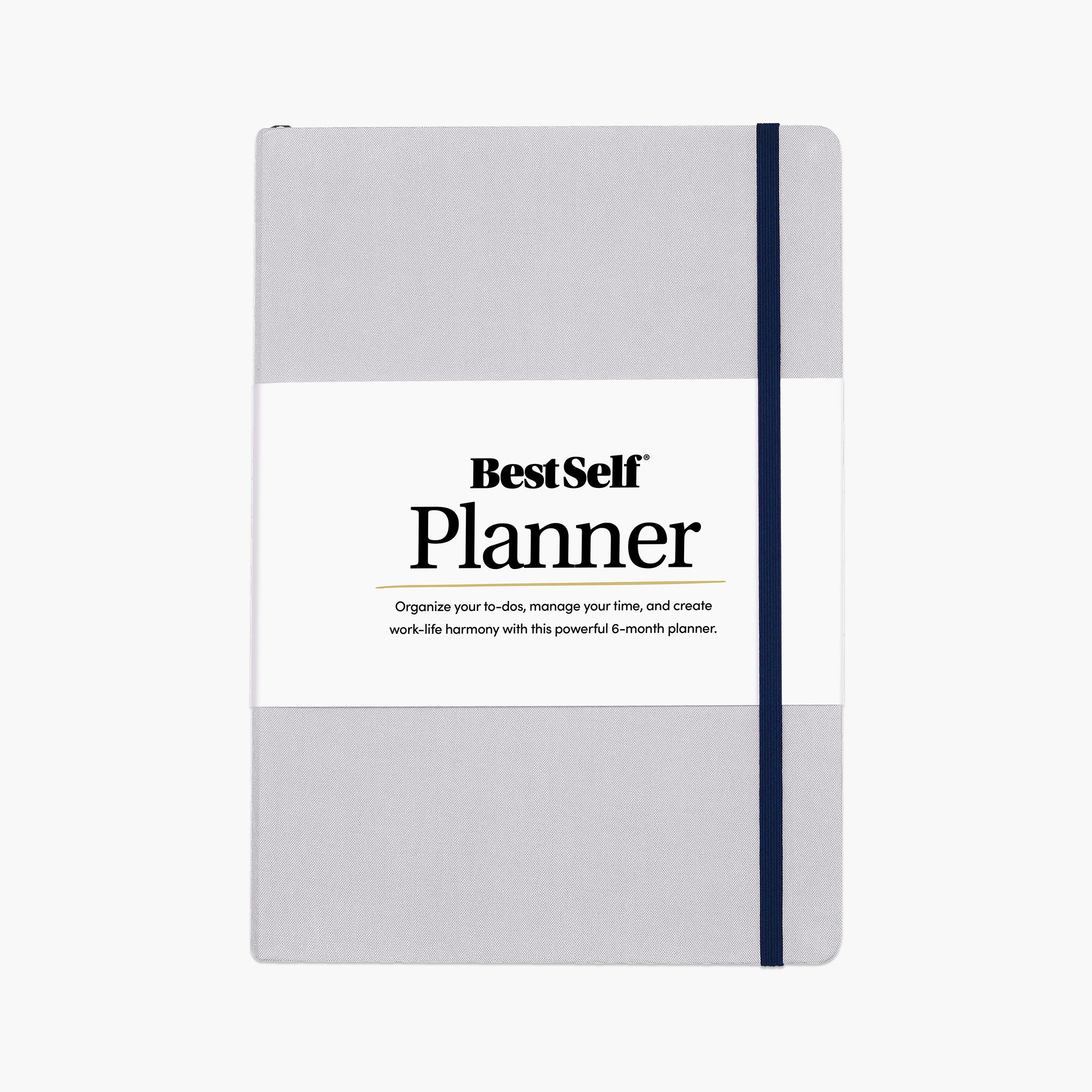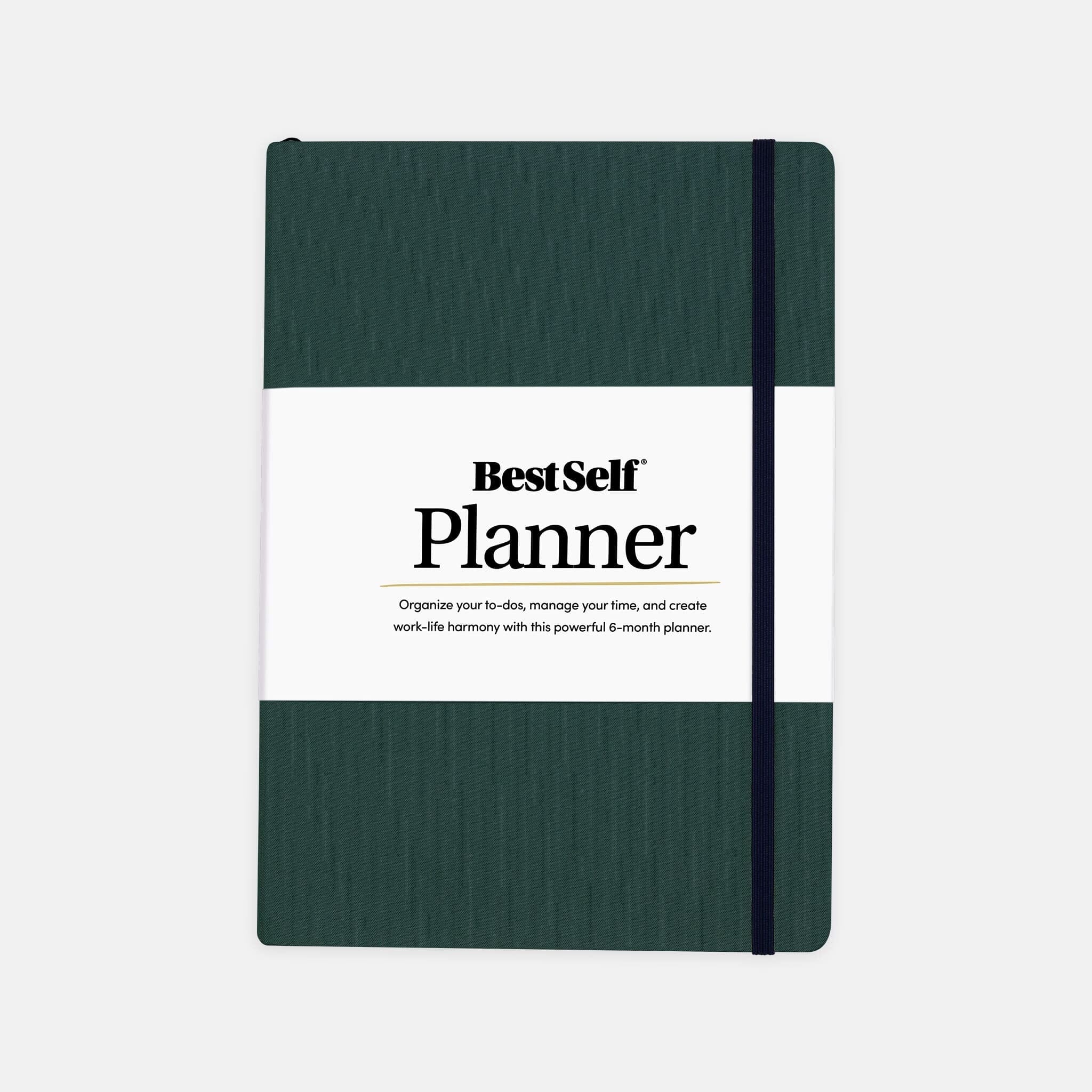Last Thursday, I found myself sitting in Austin airport, watching torrential rain pound against the windows while my flight sat delayed on the tarmac. My ADHD brain was spinning worst-case scenarios about work timelines, app approvals taking longer than expected, and emails I couldn't answer while traveling to celebrate the Fourth of July with Emily's family. The familiar anxiety of things being completely out of my control was building.
Then Friday morning brought devastating news that changed everything. Massive floods had hit Kerrville, a town close to Austin. My best friend lost his warehouse and office space, his wedding venue was destroyed, and tragically, several summer camps in his area saw kids, parents, and counselors lose their lives. Suddenly, my work frustrations seemed to pale in comparison to real devastation.
It's wild how tragedy snaps us back to what actually matters. But here's what I've been thinking about since then: what if we didn't need tragedy to give us perspective?
The Burnt Toast Theory That Changes Everything
There's a concept called "burnt toast theory" that suggests small delays in your day—burning your toast, missing a light, spilling coffee—might actually be protecting you from something worse. That five-minute delay could be keeping you from an accident, a difficult encounter, or just being in the wrong place at the wrong time.
Remember the Alaska Airlines flight last year where the door plug blew out mid-flight? It was a terrifying situation, but miraculously no one died. Later, we learned that a woman who was supposed to be in the seat right next to that gaping hole had missed her flight. And the guy at the end of the row didn't shuffle into the window seat like most of us would have. A lot of things had to work perfectly for everyone to make it in that situation. That "ruined" day might have saved her life.
Psychologists call this "benefit finding," and research shows that people who regularly practice this kind of reframing demonstrate lower stress hormones and better emotional resilience. The practice isn't about toxic positivity or pretending everything happens for a reason—real tragedies are just tragedies, and people going through genuine crises didn't do anything to deserve their pain.
But for those everyday frustrations? The missed trains, spilled coffees, traffic jams that make us late? What if some of those are tiny course corrections we'll never even know about?
Finding Perspective Without Waiting for Tragedy
Here's something I've started noticing: we don't have to wait for tragedy to get perspective. Life offers it every single day, if we're paying attention.
When you pull over for an ambulance, fumbling to figure out where to go, that's a moment to remember someone is having their worst day while you're just slightly inconvenienced. When you see a fire truck racing by, someone's world might be burning down while you're worried about being ten minutes late to a meeting.
These aren't guilt trips about our problems not being "real enough." They're just tiny invitations to zoom out for a second, to remember that most of us reading this have daily stress that, while real and valid, exists in a pretty safe, pretty manageable world.
Emergency Vehicle Mindfulness
This week, when you see emergency vehicles—ambulance, fire truck, police car—take that moment to think: "Someone right now needs help I can't imagine, and I'm okay."
Not as a way to minimize your stress, but as a reminder of how much is actually going right in your world. That's it. No extra time, no special apps, no complicated steps. Just a three-second perspective shift using something that's already happening around you.
The goal isn't toxic positivity. Real problems need real solutions. But most daily annoyances? They might just be burnt toast.
🤔 Reflection Prompt
Your Blessing in Disguise Story
Think about something that felt like the worst thing at the time but turned out to be a blessing in disguise. Maybe a job you didn't get, a relationship that ended, an injury that slowed you down, or even something as simple as missing a flight.
Here's one of mine: I broke my collarbone six years ago, the first week I moved to Austin. My partner was still living in NYC for the next month, and I was essentially alone in a new city. A volunteer at the bike race where I had been injured took me to the hospital and ended up becoming a great friend. Such a good friend that he became our donor, and I wouldn't have my daughter now without him.
What's your "broken collarbone" story? Sometimes the detours lead us exactly where we need to be.
📚 Read: "The Obstacle Is the Way" by Ryan Holiday
Explores how ancient Stoics turned trials into triumphs. His chapter on perception completely reframes how we see daily setbacks, showing us that the impediment to action advances action—what stands in the way becomes the way.
The Stoics understood something we're still learning: our perception of events matters more than the events themselves. When Marcus Aurelius wrote about obstacles becoming the path forward, he wasn't being philosophical for the sake of it—he was offering a practical tool for resilience.
🔍 Cool Find: The 5-4-3-2-1 Grounding Technique
When you catch yourself doom scrolling or spiraling into worst-case scenarios, try this grounding technique: Name 5 things you can see, 4 you can touch, 3 you can hear, 2 you can smell, and 1 you can taste. It pulls you right back to the present moment.
This technique works because it engages your senses and interrupts the anxiety loop your brain gets stuck in. It's particularly effective when you're feeling overwhelmed by things outside your control—like delayed flights or work frustrations.
Speaking of grounding techniques, we'll be releasing the next batch of Helm to the first people on the waitlist. If you're interested in creating better digital boundaries and focus, click here to join the waitlist.
The Science Behind Perspective Shifts
Research from the University of California shows that people who practice "benefit finding"—actively looking for positive outcomes in negative situations—show measurable changes in their stress response. Their cortisol levels remain more stable during challenging situations, and they report higher life satisfaction overall.
This isn't about pretending bad things are good. It's about training your brain to look for the full picture, including potential silver linings you might miss when you're in the thick of frustration.
Here's to burnt toast, delayed flights, and all the small "disasters" that might actually be tiny miracles in disguise.
Cheers,
Cathryn





